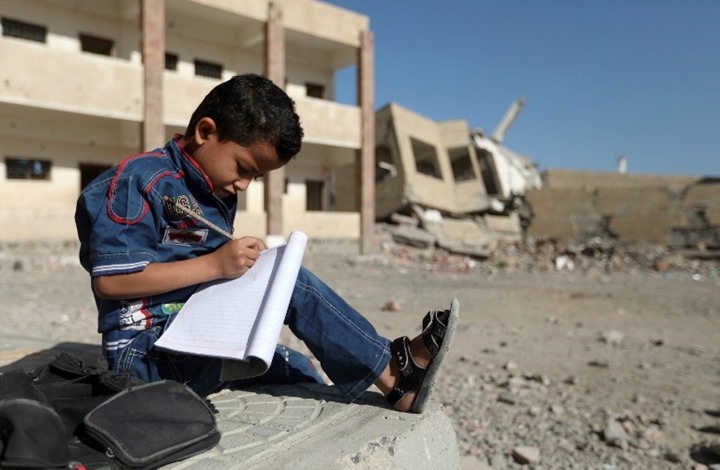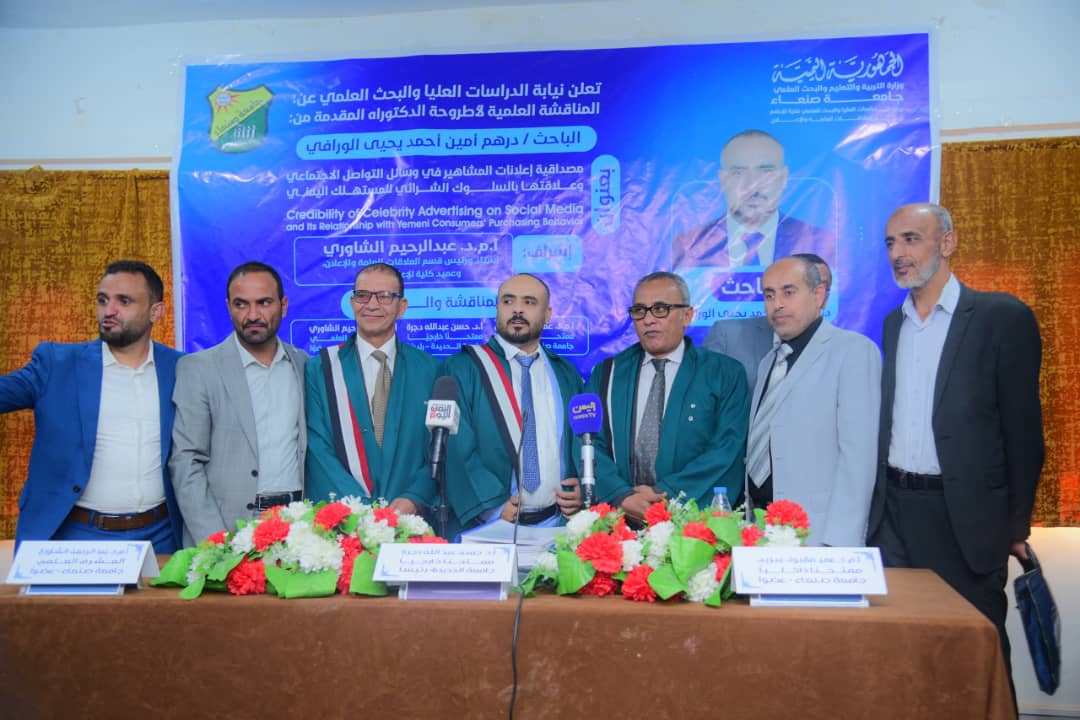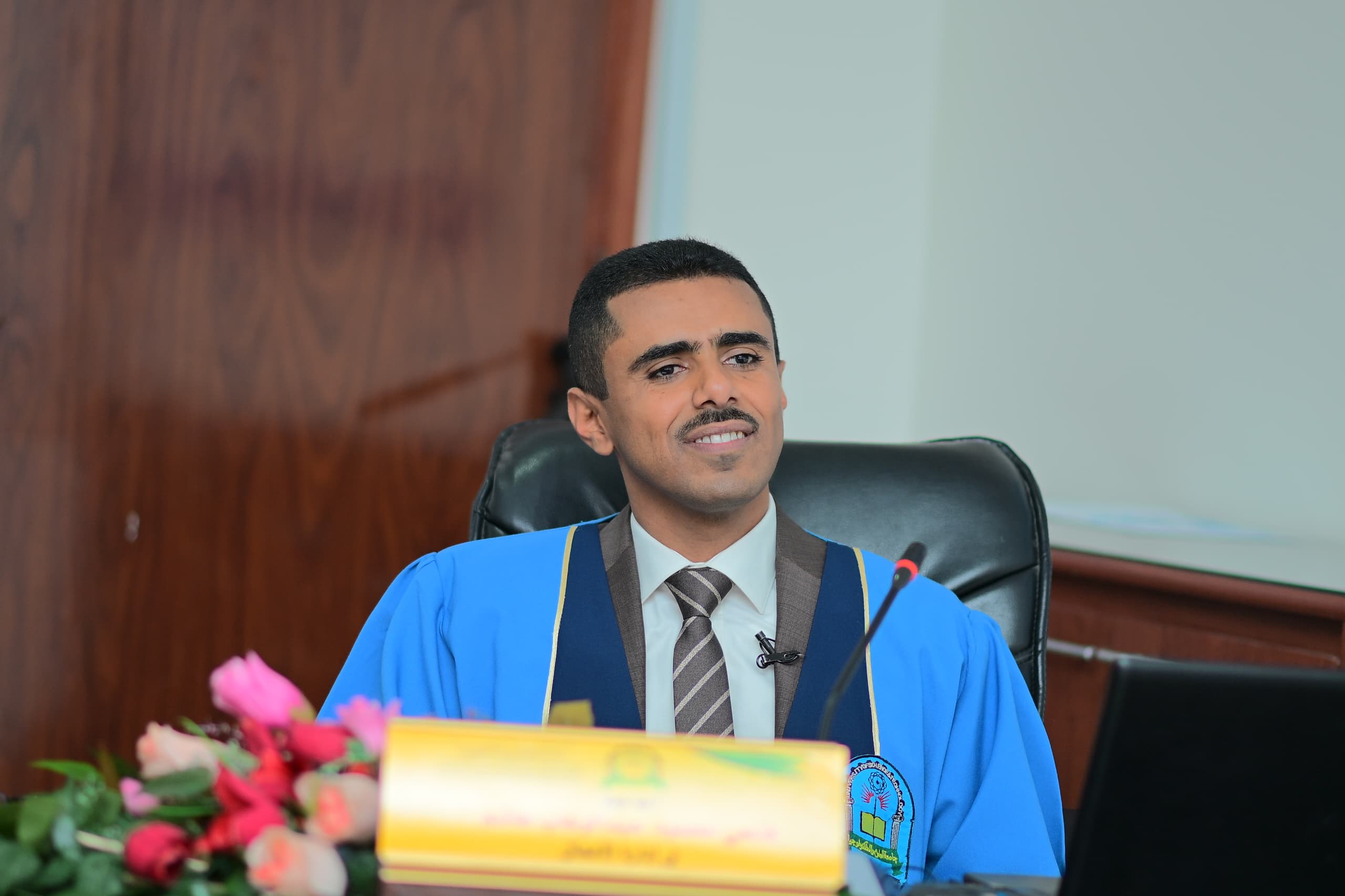حضر الطلاب الیمنیون فصلا في الیوم الأول من العام الدراسي الجدید في العاصمة صنعاء في 15 أ?توبر / تشرین الأول 2017. ولم یحصل حوالي 73 في المائة من معلمي الیمن علی رواتب?م لمدة عام ولم یعد العدید من?م مستعدین لمواصلة العمل بدون أجر ، وفقا لما ذكره المتحدث باسم منظمة الامم المتحدة للطفولة (يونيسيف) رجات مادوك لوكالة فرانس برس. / أف / محمد هويس
بقيت الفصول الدراسية في العاصمة اليمنية وشمال الشمال فارغة إلى حد كبير في اليوم الرسمي الأول من المدرسة ليوم الأحد، حيث تترك الحرب والجوع والانهيار الاقتصادي الملايين الذين يكافحون من أجل البقاء.
وقال المتحدث باسم منظمة الامم المتحدة للطفولة (يونيسف) في اليمن ريجات مادوك لوكالة فرانس برس ان "مستقبل 4.5 مليون طالب معلق ".
ويذكر ان اضراب الاتحاد حول تعليق رواتب المدرسين ادى الى توقف التعليم فى المناطق التى يسيطر عليها الحوثيون بعد ثلاث سنوات من الحرب بين تحالف الحوثيين وصالح وحكومة تدعمها السعودية.
وتقدر اليونيسف أن 13،146 مدرسة، أو 78 في المائة من جميع المدارس اليمنية، قد أصيبت بأزمة الرواتب، والكثير منهم غير قادر على التدريس لليوم الأول من المدرسة.
وقد دمر النزاع ما يقرب من 500 مدرسة، أعيد توطينها كملجأ أو قادتها فصائل مسلحة في حرب قتلت الآلاف ودفعت البلاد إلى حافة المجاعة.
وقد اضطرت مدارس العاصمة صنعاء الى تأجيل بدء السنة الدراسية في 30 ايلول / سبتمبر بعد اسبوعين من فشل دفع رواتب المعلمين.
أصبحت المناطق الخاضعة لسيطرة الحوثيين غير قادرة على دفع الرواتب بعد أن اجبر عبد ربه منصور هادي على نقل البنك المركزي إلى عدن في أغسطس / آب.
جاء هادي إلى السلطة في أوائل عام 2012 بعد احتجاجات الربيع العربي الضخمة التي أطاحت بالرئيس السابق علي عبد الله صالح.
وقد اضطر هادي إلى إلقاء القبض على مدينة عدن بعد أن هرب من الإقامة الجبرية المفروضة على الحوثيين.
ومنذ ذلك الحين، نقل هادي مقر الحكومة إلى عدن حيث قاد هجوما لتحرير الأراضي التي تحتلها الحوثيين.
وبمساعدة من التحالف العربي الذي تقوده السعودية، حقق الجيش اليمني مكاسب واسعة النطاق في العديد من المحافظات، ولكن الحوثيين ما زالوا يسيطرون على العاصمة صنعاء، ومعظم المحافظات الشمالية بما في ذلك الحديدة وإب ومحويت ويريم وعمران وبيضا و حجة.
👈🏻المصدر : موقع ناشونال يمن
Government accuses rebels of using the funds of central bank to fund their war effort
Yemeni students attend a class on the first day of the new school year in the capital Sanaa, on October 15, 2017. Some 73 percent of Yemen's teachers have not received their salaries in a year and many are no longer willing to continue working without pay, Rajat Madhok, spokesman of the UN Children's Fund (UNICEF) in Yemen, told AFP. / AFP / Mohammed HUWAIS
Dubai: Classrooms in Yemen’s capital and rebel-held north remained largely empty on the first official day of school Sunday, as war, hunger and an economic collapse leave millions struggling to survive.
“The future of 4.5 million students hangs in the balance,” Rajat Madhok, spokesman of the UN Children’s Fund (UNICEF) in Yemen, told AFP.
A union strike over the suspension of teachers’ salaries has ground education in areas controlled by the Iran-backed Al Houthi rebels to a halt, three years into a war between the Iran-backed rebel alliance and a government backed by Saudi Arabia.
UNICEF estimates 13,146 schools, or 78 per cent of all of Yemen’s schools, have been hit by the salary crunch, many of them unable to open for the first day of school.
Nearly 500 schools have been destroyed by the conflict, repurposed as shelters or commandeered by armed factions in a war that has killed thousands and pushed the country to the brink of famine.
Schools in the capital Sana’a and across northern Yemen were forced to delay the September 30 start of the scholastic year by two weeks after the rebels failed to pay teachers’ salaries.
In government-held parts of Yemen, however, most schools this year opened as scheduled on October 1.
Al Houthi-controlled areas became unable to pay the salaries after the internationally-recognised president Abd Rabbo Mansour Hadi was forced to move the central bank to Aden in August after the Iran-backed rebels had looted the funds to pay soldiers and fighters waging war against it.
Hadi came to power in early 2012 after massive Arab Spring protests ousted former president Ali Abdullah Saleh.
Hadi was forced to decamp to the city of Aden after escaping Al Houthi-imposed house arrest after the rebels took over the government in a coup in 2014.
Since then, Hadi has shifted government headquarters to Aden from where he has led an offensive to liberate Al Houthi-occupied territories.
With help from the Saudi-led Arab coalition, the Yemeni army has achieved widespread gains in many provinces, but Al Houthis still control the capital, Sana’a, and most northern provinces including Hodeida, Ibb, Mahweet, Yareem, Amran, Baydha and Hajja.
إضافة تعليق







